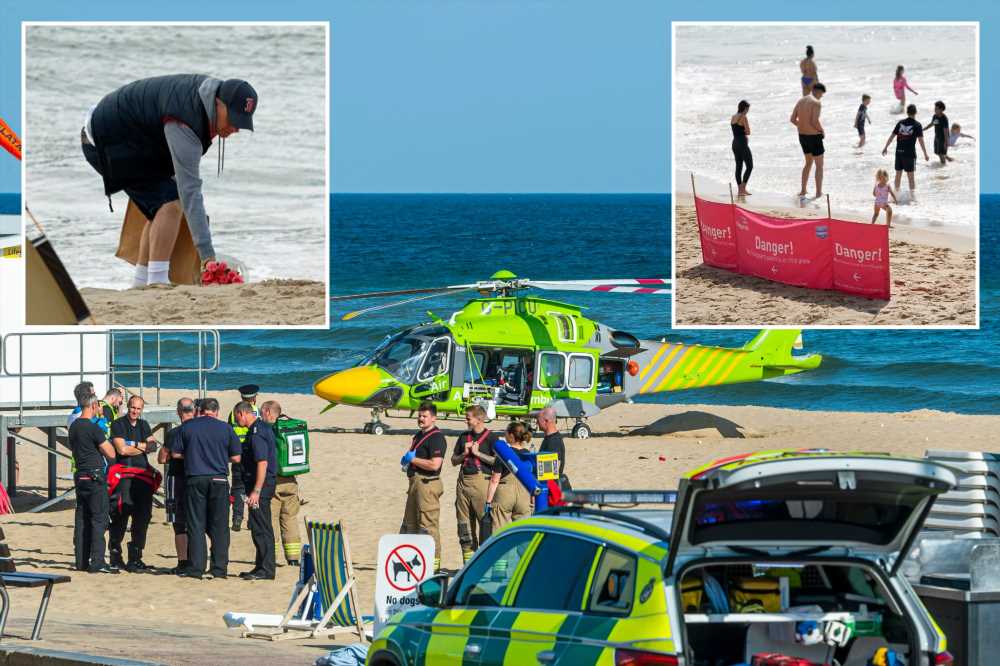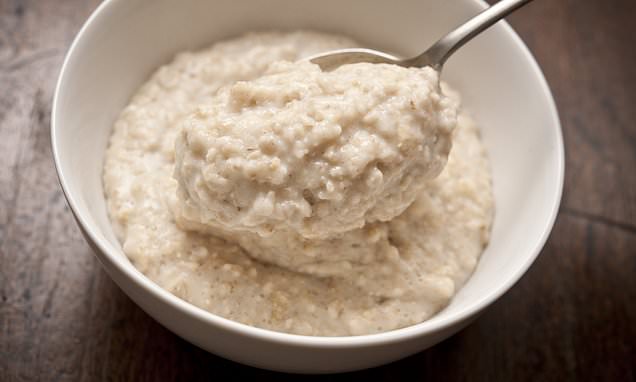There is a dark tradition of the sea that sailors don’t like to talk about – so they refer to it simply as "the delicate question".
In ideal circumstances, with plenty of fresh drinking water, an average human can last around a month without food. But in a lifeboat, adrift on the open sea, the desperation can kick in a great deal sooner.
And, as a last resort, sailors are forced to ask a question that will guarantee someone will die.
READ MORE: Plane crash survivors' agonising decision to eat dead pals in desperate bid to stay alive
As YouTuber Mr Ballen revealed, the crew of the Nantucket whaler The Essex befell such a fate.
They had already experienced a difficult voyage before the ship was attacked and sunk by a vengeful sperm whale on November 20, 1820.
The 20 survivors set out in three small rowing boats, aware that there wasn’t enough food and water to keep them all alive until they reached land.
After two weeks their food and fresh water was gone, and the desperate sailors had resorted to rinsing their mouths with seawater and drinking their own urine.
In a gruelling voyage, two of the sailors died and were buried at sea. But after the death of a third, Isaac Cole, his desperate shipmates decided to eat his body. Contemporary reports say that “they ate his liver and kidneys but struggled to eat the sinewy flesh”.
But soon, even the bodies of those sailors were not enough to sustain the survivors.
So they performed a challenge to determine who would sacrifice themselves – a chilling maritime custom that has since been referred to as the "delicate question".
Cannibal plane crash survivor recalls 'it was hard to put flesh in your mouth'
A blank page of The Essex’s log book was torn out and divided into strips. One was made a little shorter than the others and they were all placed into a hat.
The unlucky sailor was 18-year-old Owen Coffin, a cousin of The Essex’s captain, George Pollard.
In an account later written by one of the revivers, Pollard reportedly volunteered to take his young cousin’s place, but Coffin replied: "No, I like my lot as well as any other”.
Another lottery took place, this time to select the executioner. Charles Ramsdell, a close friend of Coffin’s, drew the short straw and shot his shipmate.
A week later another one of the sailors, Barzillai Ray, also died, and the survivors spent the rest of their time adrift gnawing on Coffin's and Ray's bones.
UK cave 'housed inbred family of 40 cannibals' who devoured flesh and pickled leftovers
By the time the last of the eight survivors were rescued on April 5, 1821, the corpses of seven of the sailors had been eaten by their shipmates .
“The delicate question” is more rarely asked in the modern era, with GPS and modern communications equipment meaning that it’s much rarer for shipwrecked sailors to wait weeks for rescue.
The last reported case of shipwrecked sailors being forced to eat their comrades was after the wreck of the SS Dumaru.
The ship was struck by lightning on October 16, 1918 – detonating her cargo of explosives and leaving most of her crew adrift in lifeboats for three weeks. Many of them reported to cannibalism in order to survive.
But similar tragedies still happen. The passengers of Uruguayan Air Force Flight 571, which came down in the Andes mountains in 1972, had no choice but to resort to cannibalism during their 72-day jungle ordeal.
READ MORE:
- 'It didn't hurt when I was shot six times' – the harrowing story of Securitas robber
- Adult industry booming as Brit 'punters cut out home comforts to pay for escorts'
- 'I'm a Russian exile – now Putin's billionaire pals keep trying to kill me'
- People in the Middle Ages were 'far kinkier than we think' and created public sex sheds
Source: Read Full Article








